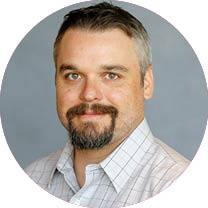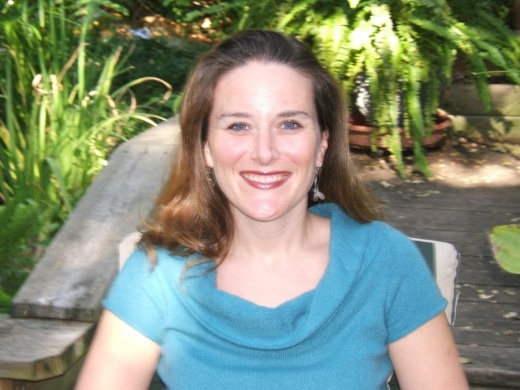Dr. Kristie Engel is the proprietor of Hope & Wellness Rising, a mental healthcare clinic in Bee Cave and works almost exclusively with young patients—adolescents and children. Among other topics, Engel spoke with Community Impact Newspaper about what it means to treat clients amid a pandemic, how parents may help ease their children's anxieties and how values help define people.
Describe your role at Hope & Wellness Rising.
As the owner and only member of Hope & Wellness Rising, I have many roles, but find the most joy in connecting with children, teens and families in therapy and the mindful self-compassion programs I teach. I am incredibly grateful for the privilege to build a practice grounded in my deep care and respect for people and appreciate the freedom to provide truly person-centered services tailored to each client and family. This autonomy has been invaluable during the current pandemic.
Has your work in the mental health field shifted significantly since restrictions brought about by the COVID-19 pandemic began?
In response to COVID-19, I transitioned my entire practice to telehealth to support the health and safety of my clients and our local and global communities. I am so thankful that technology allows us to stay connected in this way! In addition to therapy, I teach empirically supported mindful self-compassion programs in the Bee Cave area to empower kids and teens to treat themselves with more kindness, calm their minds and bodies, and face life’s challenges with greater ease. The pandemic prompted us to move these classes online, creating opportunities for students to connect with peers across the country and feel “less alone” in their experiences during this extraordinary time. I plan to continue offering online mindful self-compassion programs for kids and teens and to add programs for parents and members of the healthcare community to allow people throughout the country to access these resources from the comfort of their homes beyond COVID-19.
In general, have you noticed any concerns from your clients that have grown since the pandemic began?
I have seen resilience as well as a natural and understandable increase in grief, anxiety, and symptoms of depression in children and teens adjusting to this global crisis and its profound impact on their daily lives. They are facing many of the same challenges as we are without the benefit of adult brain development and with even less control over their circumstances than adults. Most are experiencing meaningful losses such as time with friends, the structure of the school day, the cancellation of important events and huge changes to significant rites of passage, including elementary, middle, and high school graduation. This leaves children and teens vulnerable to stress and more reliant on the adults in their lives for calm and stability.
What advice do you have for parents of kids who are feeling overwhelmed with uncertainty in this time?
So much truth has been shared about the unrealistic expectations on parents throughout the pandemic and I have such compassion for parents everywhere! I encourage parents to treat themselves with an extra measure of kindness and, although often easier said than done, to remember that caring for and calming ourselves isn’t selfish—it is necessary for our wellness and is an act of love for our kids. Our loving connection to our children helps them feel safe and promotes their regulation and wellness. Identifying our family’s values and ways to live those during this pandemic also helps anchor us during this unpredictable season. Our values provide direction in times of uncertainty. For example, if my family strongly values learning, then we will try to choose actions that move us in the direction of learning no matter what school looks like in the fall, and when we get off course in the storm of COVID-19, our values guide us back.
What would you say to people who are unsure if they should seek professional mental healthcare in this time of uncertainty?
Sometimes we wait for a clear sign or for things to get “bad enough” to reach out to a professional, perhaps missing an opportunity for connection that might benefit us exactly where we are. I love Mark Vonnegut’s statement, “We are here to help each other get through this thing—whatever it is.”





